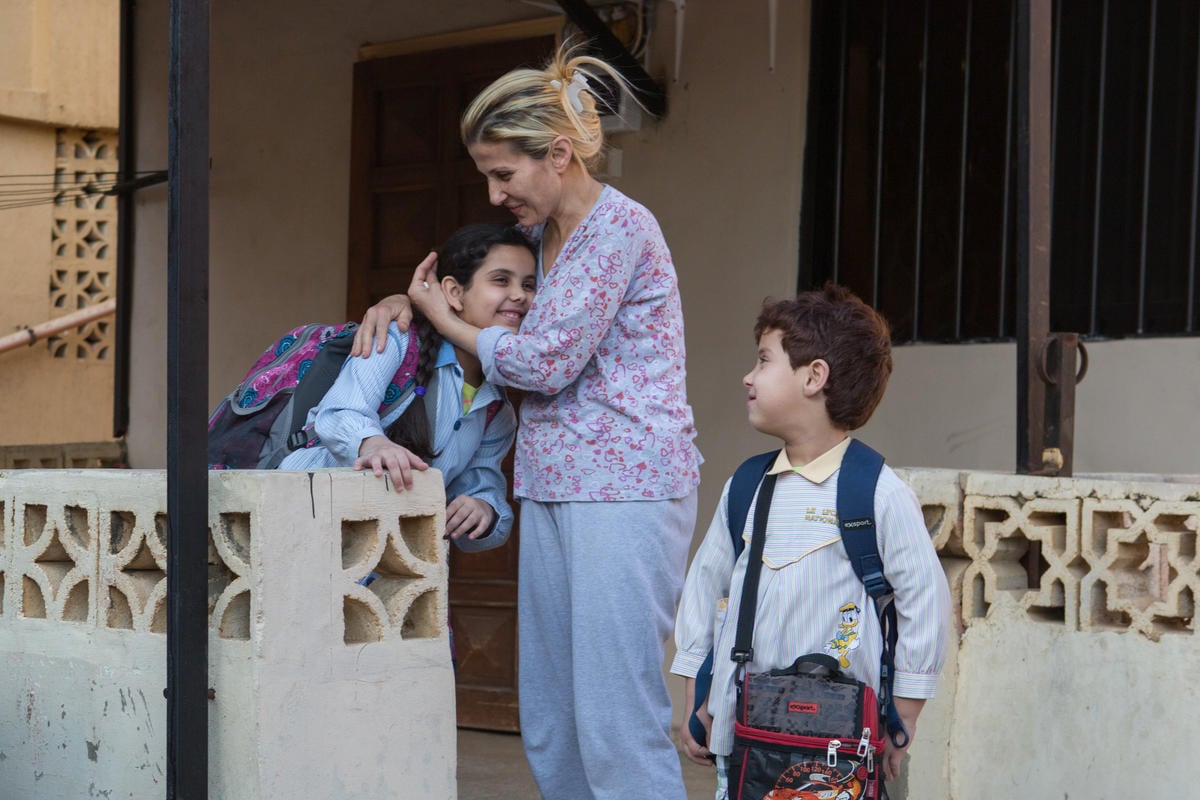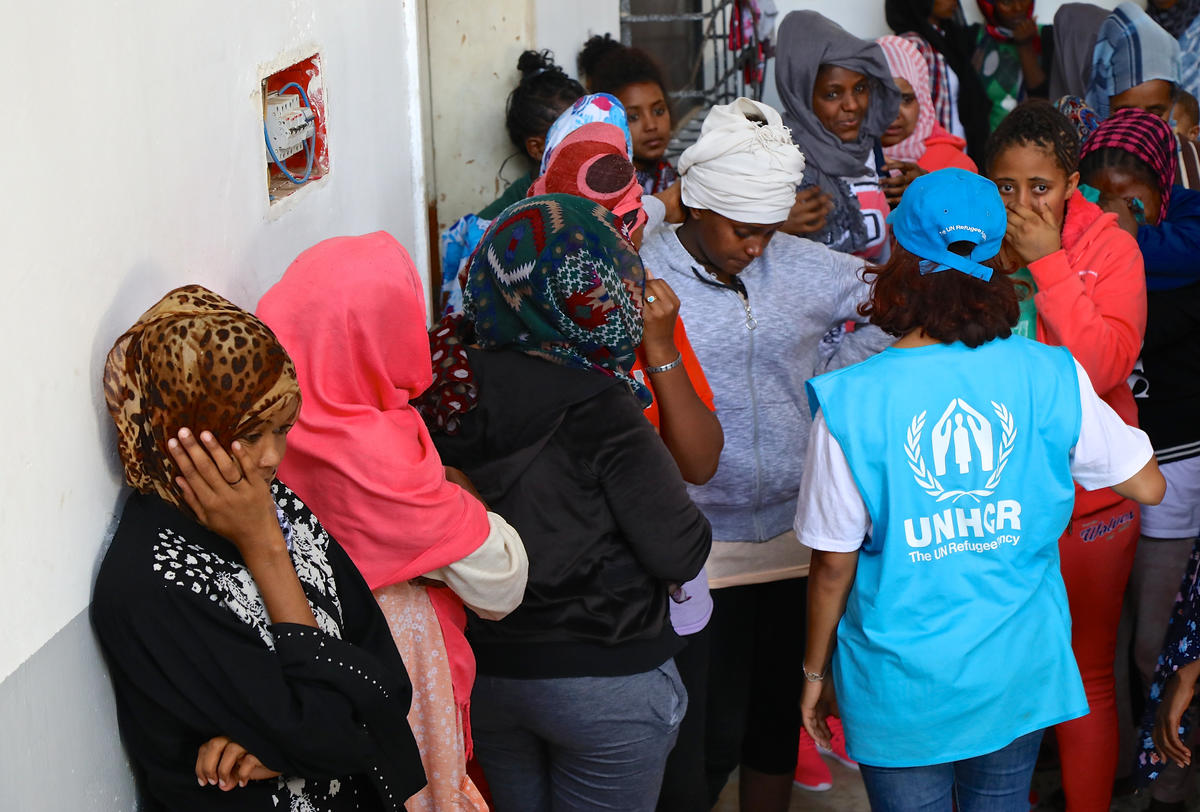ExCom: UNHCR says faster state accessions needed for statelessness conventions
ExCom: UNHCR says faster state accessions needed for statelessness conventions

GENEVA, October 6 (UNHCR) - The UN refugee agency appealed on Wednesday for faster efforts to help the world's estimated 12 million stateless people, including through stepped up accessions to two key international legal instruments - the 1954 Convention relating to the Status of Stateless Persons and the 1961 Convention on the Reduction of Statelessness.
The appeal was made by Director of International Protection Volker Türk in a meeting held in Geneva on the sidelines of the annual gathering of UNHCR's governing Executive Committee. Türk warned that slow accessions to date meant that millions of people were being left in a legal limbo with limited human rights.
"Stateless people are the overlooked millions who, in effect, have no recognized identity. The UN statelessness conventions provide a legal framework to prevent statelessness from occurring and to protect people who are already stateless," he noted.
"But stateless persons often fall through a protection gap, given the low number of governments who have signed on to these treaties and adopted concrete measures to address their concerns," said Türk. "It's time to change that. We need states to act, and act now in confirming their commitment to reducing statelessness and protecting their rights."
Of the UN's 192 member states, only 65 are state parties to the 1954 Convention relating to the Status of Stateless Persons and just 37 have acceded to or ratified the 1961 Convention on the Reduction of Statelessness. Accession, or ratification, is needed for a convention to be able to gain force under national laws.
Worldwide, there are an estimated 12 million stateless people, of whom UNHCR has been able to obtain data on around half. By comparison, the total global refugee population stands at around 15.2 million. Some 10.4 million of these fall under UNHCR's mandate.
Statelessness occurs for a variety of reasons, including discrimination against minority groups in nationality legislation, failure to include all residents in the body of citizens when a state becomes independent (state succession) and conflicts of laws between states.
The problem is often invisible and stateless people generally live on the margins of society. Yet statelessness can have a terrible impact on the lives of individuals. Possession of nationality is essential for full participation in society and a prerequisite for the enjoyment of the full range of human rights.
UNHCR has a mandate to work with governments to prevent statelessness from occurring, to resolve those cases that do occur and to protect the rights of stateless people. In a speech opening the Executive Committee meeting on Monday, UN High Commissioner for Refugees António Guterres said UNHCR would be organizing a major effort during its coming 60th anniversary year to push for faster progress on statelessness. UNHCR turns 60 on December 14.








